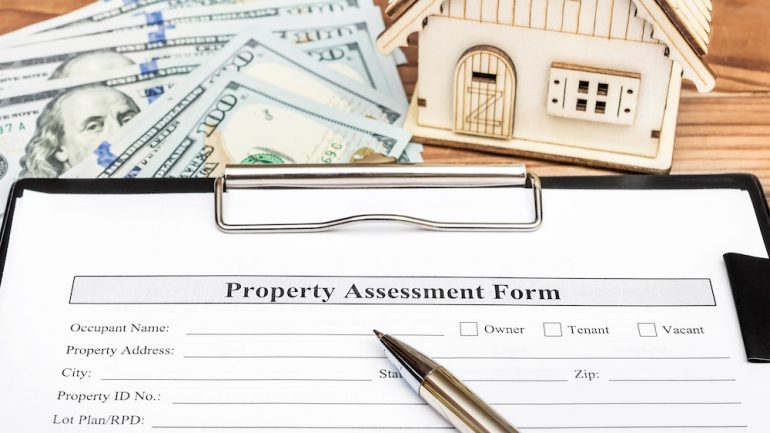Real estate sales contracts in Texas and several other states include a provision known as the active option. Also known as the option period, this provision gives the buyer a designated period to have the property inspected and decide whether to move forward with the purchase. Here’s how an active option contract works.
Inspection and decision
When a seller has a listing agreement with an agent, the house is considered an active listing. Once a buyer makes an offer and the seller accepts, the house is “under contract.” The buyer puts down earnest money, typically one to three percent of the sales price, to show his good faith intent to go forward with the purchase.
In a state with an active option period, the buyer can also pay an option fee, generally $100 to $200, in exchange for which the seller will give him five to ten days to have a licensed home inspector take a look at the property. The seller must take the house off the market during this period but can receive backup offers. During the option period, time is of the essence for the buyer to have the house inspected and make decisions on any significant problems the inspection reveals.
Inspectors will always find items that need attention, no matter how new a house or how well it has been maintained. The question is how significant the problems are, and whether the buyer wants the seller to resolve them before the buyer proceeds with the purchase. The buyer and seller will negotiate during the active option period how to resolve the issues. If they cannot agree within that time on how to make the repairs and who will pay for them, the buyer can dissolve the contract and receive his earnest money, but not the option fee, back. If the sale moves forward after the option period, however, the option fee will be credited to the buyer at closing.
Buyers should not nitpick over small repair items, especially everyday wear and tear. Only significant issues should be negotiated. The seller can reduce the number of minor repair items an inspector will find by knocking out a fix-it list before listing and even repairing known significant problems beforehand.
Moving forward, or not
Once the option period has passed, the buyer can back out of the sale and reclaim the earnest money only under certain contingencies specified in the contract. The buyer may have a contingency that he must sell and close on his existing home before he can close on the house under contract, or one that provides he must be approved for a mortgage. Other than these conditions, the only way the buyer gets his earnest money refunded is if the seller backs out.
Related – Making an Offer to Buy a House: What You Need to Know


